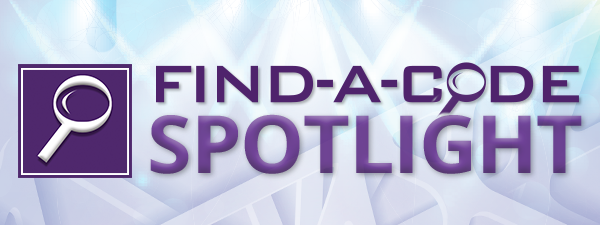 From NAMAS: Is Your Patient PHI Fully Protected?February 19, 2016
As you probably know, HIPAA stands for the Health Insurance Portability and Accountability Act.This means that as healthcare professionals, we must hold ourselves accountable when handling patient information. This goes beyond having conversations with unauthorized people about what we see or hear in the office. Unlike OSHA, patients, employees, visitors, employers, etc. can be fined if they break HIPAA laws. A series breach could cost someone up to $1.5 million for one violation. Because of this, steps must be taken to ensure that patient information stays safe while its in our possession. Patient information can arrive to us in various forms, including electronic, written and even verbal. Are you and your office taking the necessary precautions for your protected health information (PHI)?
To Ensure Your Compliance:
Whether your office is old or new, concessions can be made to ensure that the office is HIPAA friendly:
1. Always escort patients and visitors from the waiting room and through the clinical area.
2. Keep doors closed at all times between the lobby and the clinical area, as well as when patients are in exam rooms.
3. If nurse's stations are close to patient areas, make phone calls about appointments and test results elsewhere if you are able to be overheard.
4. Music or television in quite areas can prevent eavesdropping where PHI might be overheard.
5. Install privacy screens on computers that are visible by patients. Be sure to logout or lock your computer if leaving the room.
6. Closed windows are best at check in and check out areas to ensure privacy. If either area is crowded with patients, inform additional patients to have a seat and they will be seen shortly.
Erring on the side of caution is always best when it comes to patient information. A medical office can be a very busy place, but we cannot allow ourselves to be careless. If someone were you complain, it is likely that it will not be the patient that you are speaking with, but the person who accidentally heard the conversation or received your email or fax by accident. This Week's Tip Provided By:
Kelly Ogle, BSDH, MIOP, CHOP, CMPM
Kelly is an OSHA/HIPAA Specialist for our parent organization, DoctorsManagement, LLC
Get more information like this on the NAMAS website. share
More Items in February 2016
To view more items select a month from our "Items by Month" list. |
2021 - View 2020 - View 2019 - View 2018 - View 2017 - View 2016 - View 2015 - View 2014 - View 2013 - View 2012 - View 2011 - View 2010 - View 2009 - View 2008 - View |
Thank you for choosing Find-A-Code, please Sign In to remove ads.

 Quick, Current, Complete - www.findacode.com
Quick, Current, Complete - www.findacode.com